The Silence of the Lambs (1991)
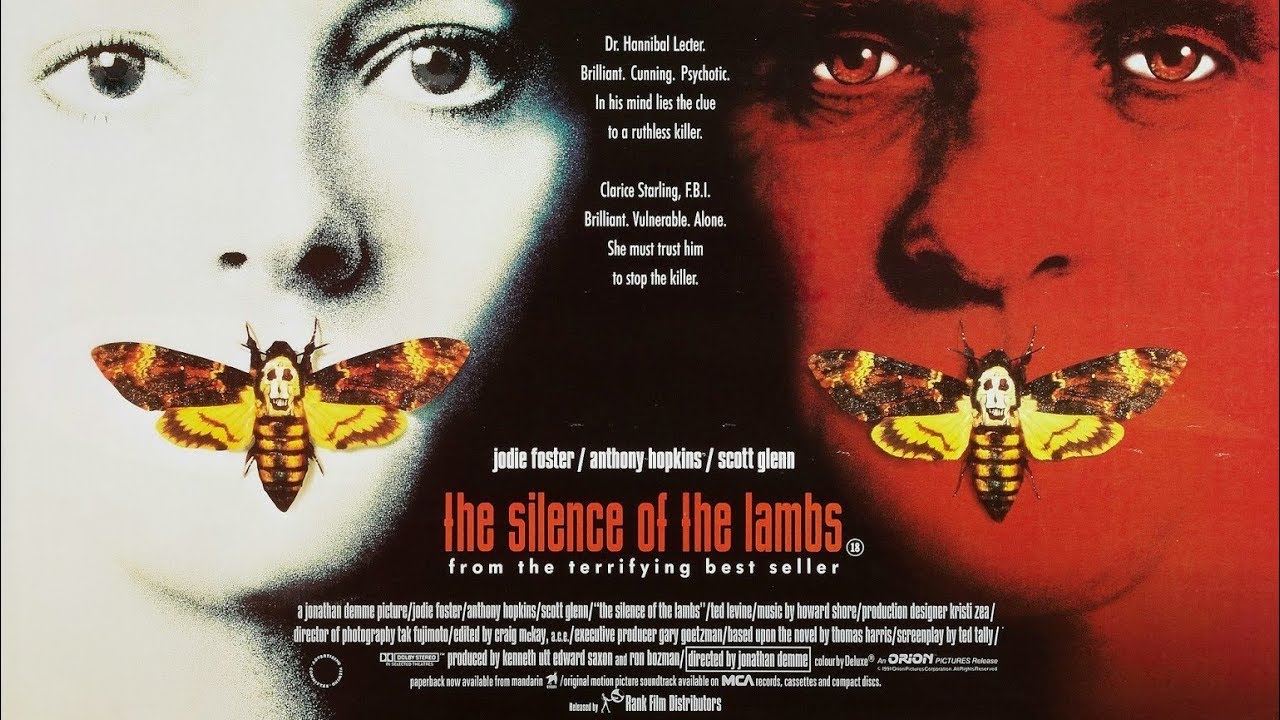
The Silence of the Lambs (1991) is a critically acclaimed psychological horror thriller directed by Jonathan Demme. Based on Thomas Harris’s novel of the same name, the film has become a landmark in the genre, known for its chilling atmosphere, complex characters, and intense storytelling. It features powerhouse performances from Jodie Foster as FBI trainee Clarice Starling and Anthony Hopkins as the infamous Dr. Hannibal Lecter.
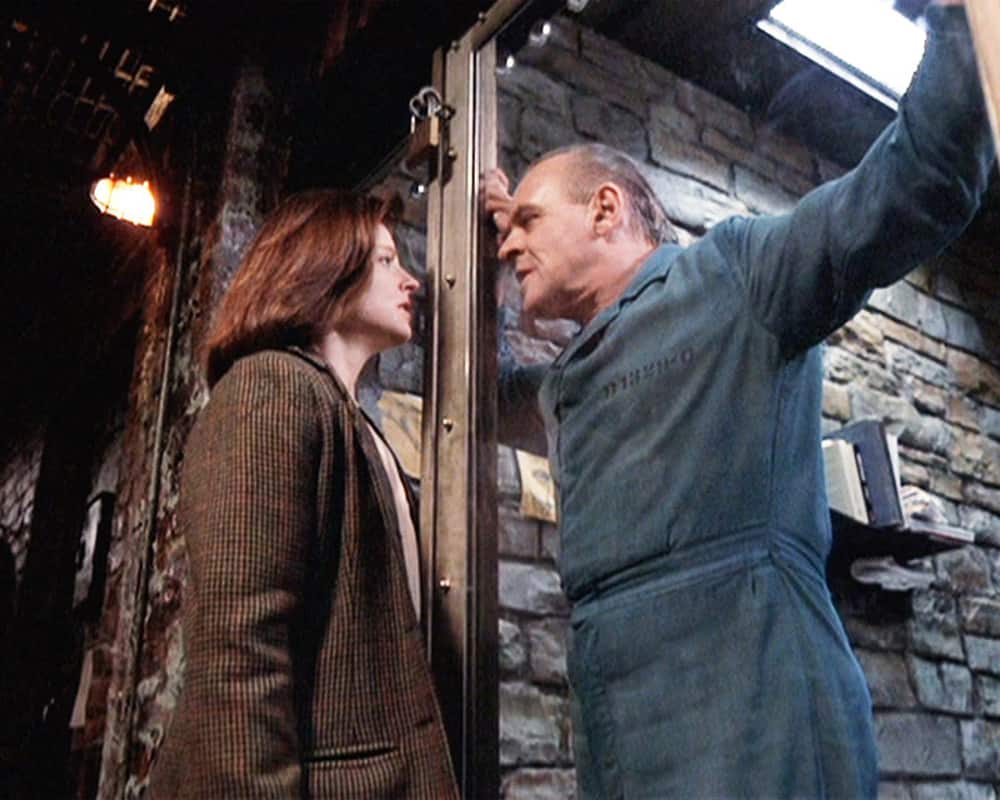
Plot Overview
The story follows Clarice Starling, a young and ambitious FBI trainee tasked with interviewing Dr. Hannibal Lecter, a brilliant psychiatrist and cannibalistic serial killer, who is imprisoned in a high-security facility. The FBI hopes that Lecter can provide insights into the mind of another serial killer known as “Buffalo Bill,” who has been abducting and murdering women.
As Clarice delves into the psychological depths of Lecter’s mind, their conversations reveal a complex and unsettling relationship. Lecter, with his manipulative charm and intellect, offers Clarice clues about Buffalo Bill’s identity while also probing into her past and vulnerabilities. Their interactions are filled with tension, as Clarice struggles to maintain control in the face of Lecter’s unsettling presence.
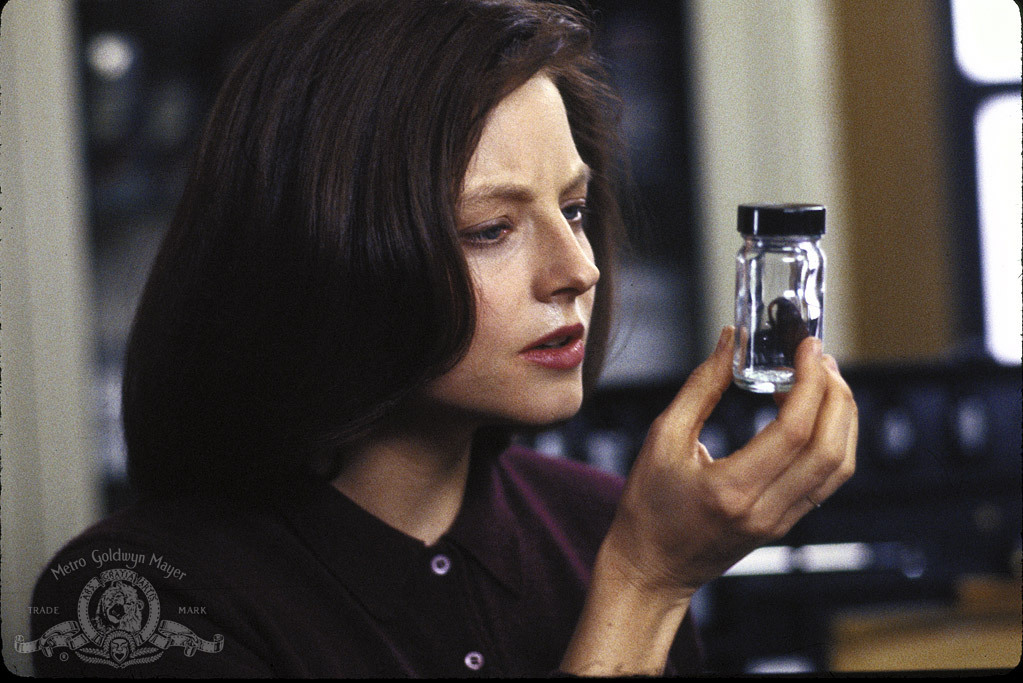
Key Themes
The film explores several profound themes, including the nature of evil, the psychology of fear, and the struggle for identity. Clarice’s journey is not only about solving the case but also about confronting her own demons and fears. The juxtaposition between Clarice’s strength and vulnerability is a central focus, as she navigates a male-dominated field while confronting her past traumas.
The film also delves into the nature of power and control, particularly through Lecter’s interactions with Clarice. He represents both a source of insight and a formidable threat, blurring the lines between mentor and predator.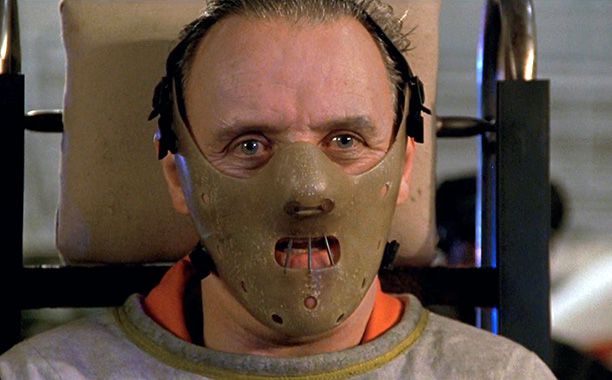
Cinematic Techniques
Demme’s direction, combined with the haunting score by Howard Shore, creates an unsettling atmosphere that draws viewers into the story. The use of close-ups during crucial moments emphasizes the emotional weight of the characters’ interactions and heightens the tension. The film’s pacing builds suspense as the investigation unfolds, leading to a climactic and chilling resolution.
Impact and Legacy
The Silence of the Lambs was groundbreaking for its time, becoming one of the few films to win the “Big Five” Academy Awards: Best Picture, Best Director, Best Actor (Hopkins), Best Actress (Foster), and Best Adapted Screenplay. Its influence can be seen in countless films and television shows that followed, solidifying its status as a classic in cinema history.
The character of Hannibal Lecter has become iconic, representing the archetype of the cultured, intelligent villain. The film’s exploration of the human psyche and the moral ambiguities of its characters continues to resonate with audiences today.
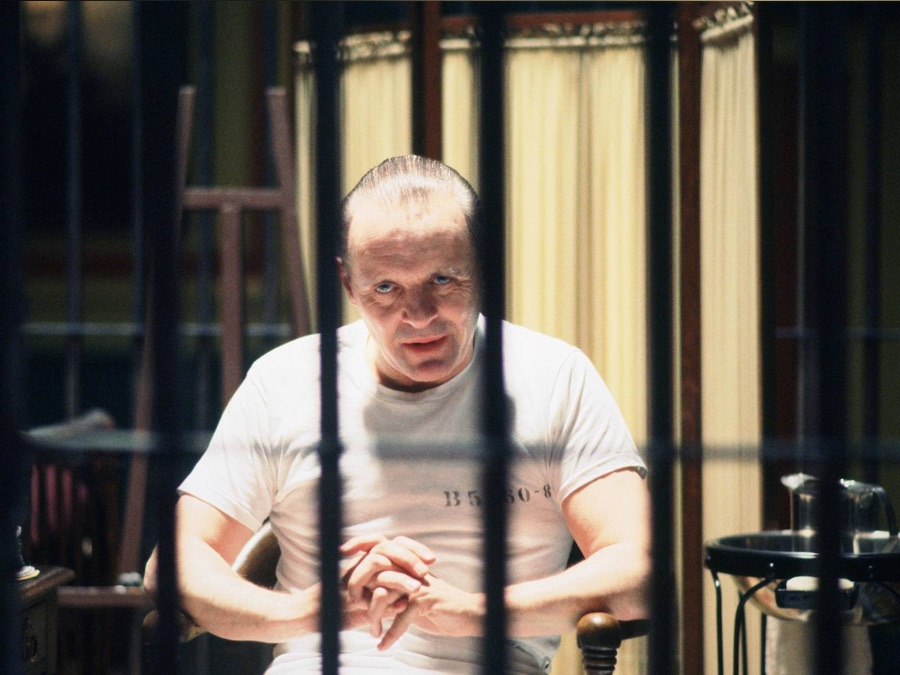
Conclusion
The Silence of the Lambs remains a masterful blend of horror and psychological drama, captivating viewers with its intricate storytelling, unforgettable performances, and chilling atmosphere. Its exploration of the darkest corners of the human mind and the complexities of the characters make it a timeless piece of cinematic art, ensuring its place in the annals of film history.











